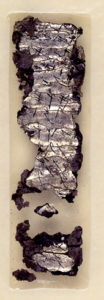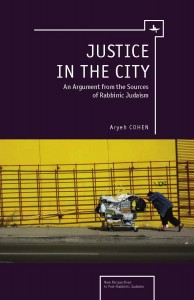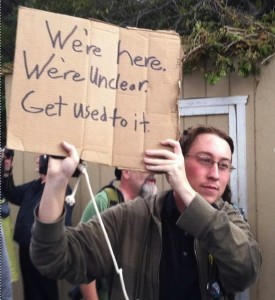1. This past week’s Torah portion included the so-called “Priestly Blessing.” This short text, only four verses long, is one of the oldest parts of the Torah. It has gained liturgical significance through its synagogue use as the priestly blessing, and through its home use as the way parents bless their children. The blessing ends with the following verse: “May God raise God’s countenance to you and give you peace.” The last phrase might be literally translated as “place upon you peace.” Its a very odd locution. It points to the extraordinariness of peace.

Priestly blessing from the time of the First Temple.
The rabbis expound this extraordinary type of peace by saying things like: “Great is peace for God’s name is peace.” This is a peace which is almost not of this world. It is a Divine peace. The problem with elevating peace to this transcendent level is that it is beyond reach. A peace that can only be granted by God is not a peace that can be achieved by human effort. A peace which is the name of God, is a peace which orders the heavens, and the heavenly beings; it lets the lion and the lamb lie down next to each other and not be afraid. This is not a peace which people can hope to accomplish. There is no road map which leads from here to there, when there is hunter and prey in the animal world striking up a friendship. If peace is so far beyond us, we then have nothing to do. We might as well go on about our business, and in the fullness of time, God will flip a switch and peace will reign. Continue reading


